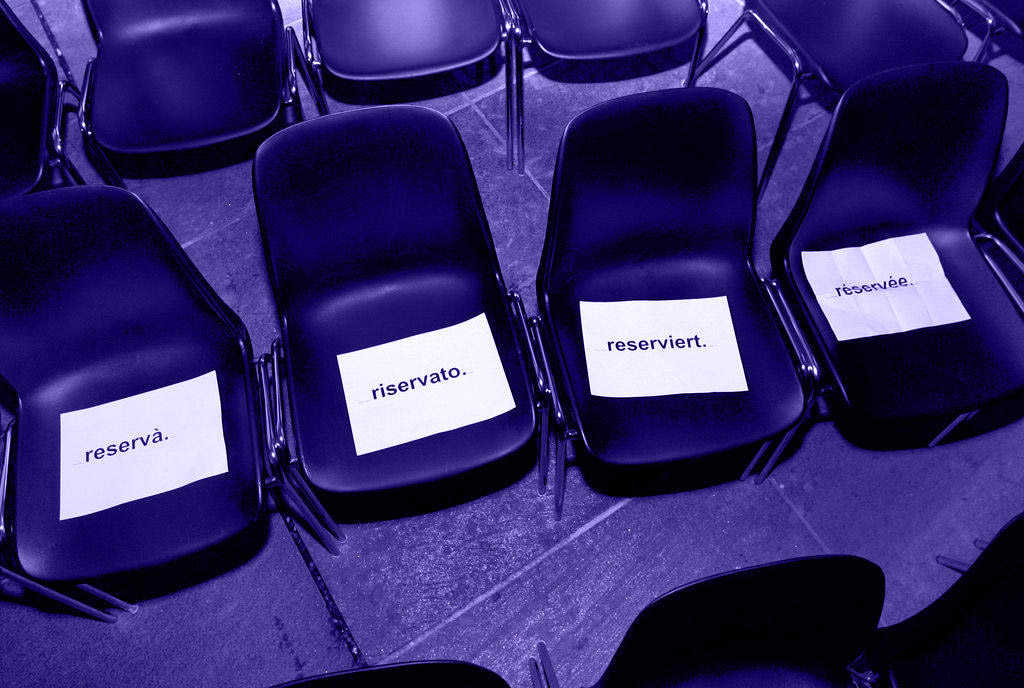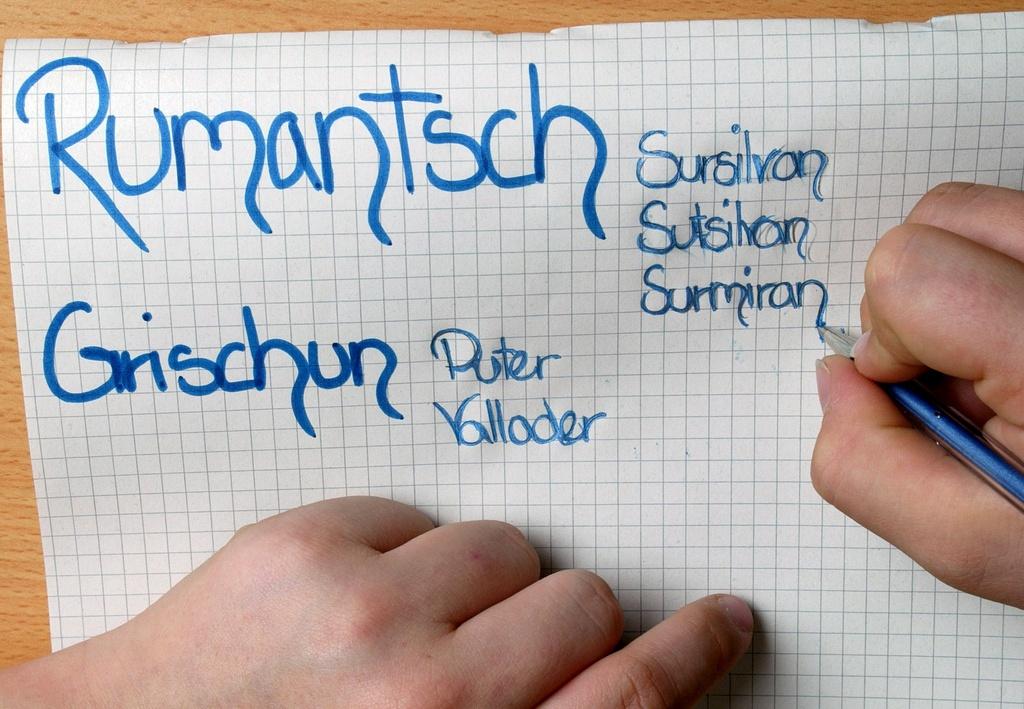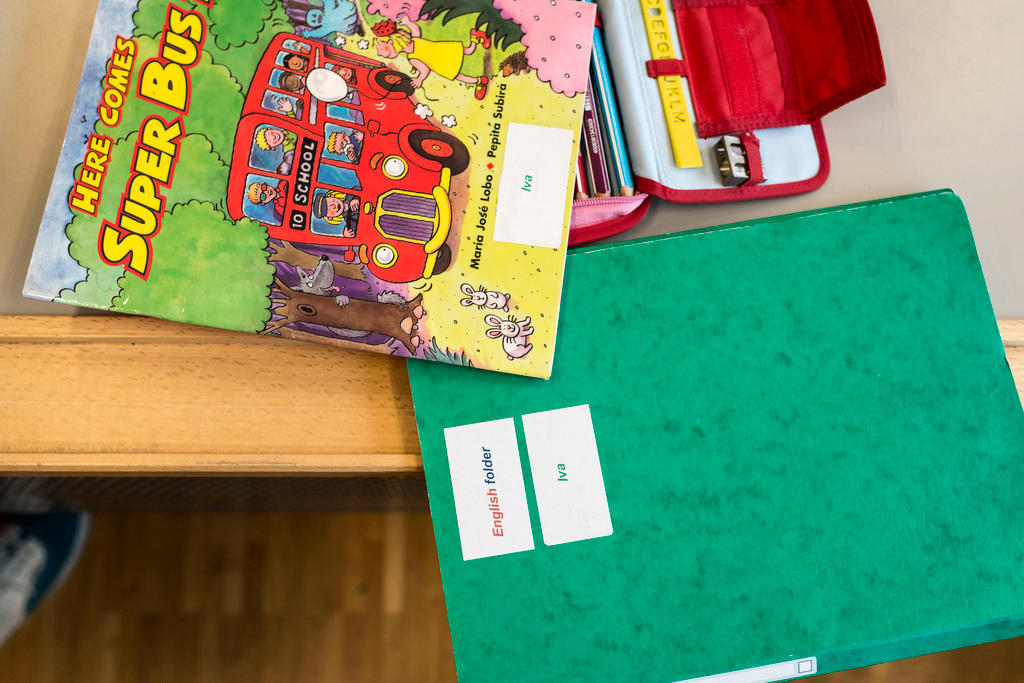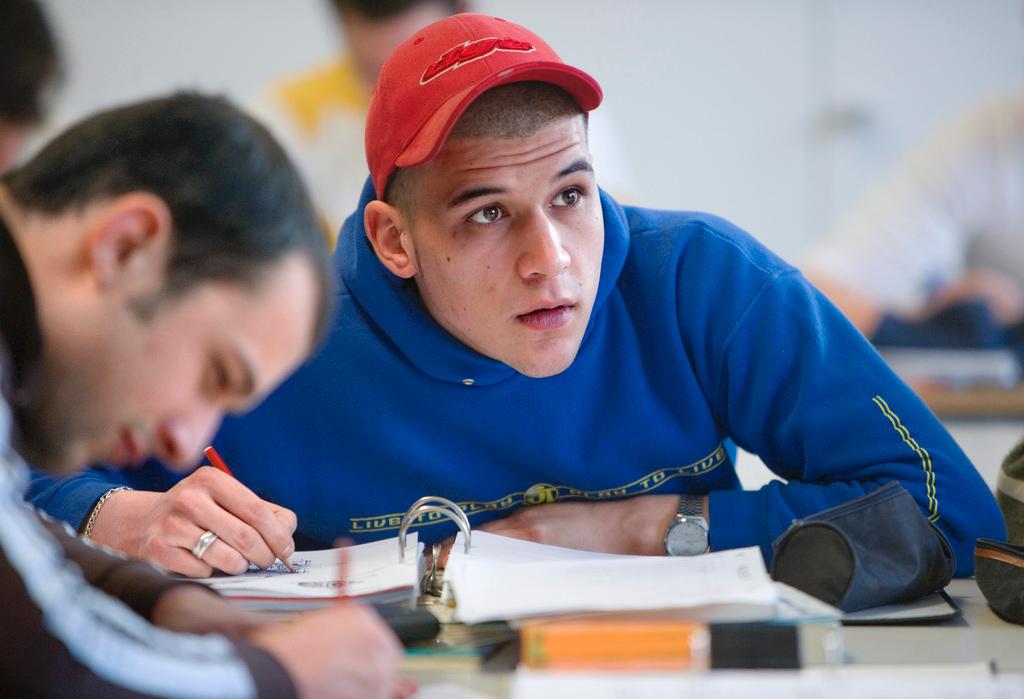The pros and cons of foreign language immersion in school
How can you best learn a language at school without ever leaving the country? The answer is by taking immersion classes. Swiss student - and native Swiss German speaker - Natalie Joray writes about her experiences… in fluent English.
Immersion has proven to be the best and most successful way of learning a language, but not everyone is able to go abroad to learn a language. Exchange programmes can be expensive and mean that students have to repeat the lost year.
Swiss senior high schools sometimes offer a programme called “immersion class” or “bilingual matura” (school leaving certificate). It is a way of immersing students in a second language by teaching certain classes in this language instead of their mother tongue.
Normally, this is something offered in international schools, but in Switzerland, it is also offered at senior high schools. There are also primary and lower secondary schools that offer this, but this is not as common.
English on top
The most popular programme by far, at least at my school, was the English one. There were so many people signing up for it that not every student was allowed to take the classes. French immersion, on the other hand, was not as popular. Even though it offers far more benefits than the English programme – a recognised French certificate as well as a half-year exchange with a school in the French-speaking part of Switzerland – only a few students decided to go for it.
While immersion class requires a little bit of extra effort in the beginning, it definitely pays off. I never visited an English-speaking country for more than a week during my time in high school, but now I am able to speak English pretty much fluently. Not everyone is going to end up with a high level of English after completing the bilingual matura. However, if you are an active student and participate in discussions, immersion classes can give you a perfect platform for practicing a language.
Furthermore, the classes helped me to understand certain topics better and allowed me to look at them from a different angle. Working with textbooks and other sources in English has opened up new perspectives for me and expanded my knowledge in a way that monolingual education wouldn’t have done.
Lost for words
For me personally, immersion classes were something that I enjoyed a lot. But bilingualism definitely has some disadvantages. In some instances, I forget words in one language or even in all the languages that I know, and all that’s left is the concept of something that I can describe vaguely at best.
It is difficult for me to explain things in one language when I have learned them in the other one, even if the words are very similar. Sometimes words have a very precise meaning in English but have no German translation fitting the context as nicely. Same goes for sayings and fixed expressions which, in most cases, cannot be translated literally.
This might be easier if the dialect I speak were closer to the language I write in. As I mainly speak and text in the local Swiss German dialect, I am only exposed to spoken Standard German in very specific circumstances – all the more so now that I have left school. I am presently interning as an online editor in a local newspaper, so I now at least have to write regularly in Standard German. However, I still catch myself looking up the English to German translations for rather basic vocabulary.
Still, I am happy that I was able to take part in the immersion programme. It was basically like doing an exchange year, just without actually visiting a country in which your target language is spoken.
Some immersion programmes offer an exchange semester organised by the school. While I did not have the privilege of doing this, some of my classmates taking French immersion classes went to high school in the French-speaking part of Switzerland. They told me that while they were lacking knowledge in some subjects – especially maths – due to the differences in curriculum, their experience was overwhelmingly positive. They returned speaking flawless French.
More recognition needed
Sadly, the English immersion programme has no formal recognition. I have a note on my final report card stating that some of my subjects were taught in English, but I do not have a nationally recognised certificate, as can be obtained after the French immersion classes. This does not exist for English.
One of the possible reasons for this is that there is no standardised school curriculum: immersion subjects vary wildly from school to school. I personally had history, geography and biology in English, but a friend of mine had maths, sports and history and she went to a high school in the same canton as me. As far as I know, each school organises their own immersion classes, so subjects can differ between schools, even within the same canton. What is taught depends on the language proficiency levels of the teachers.
Another reason is that French immersion classes normally include either more subjects taught in French or an obligatory exchange semester, or sometimes both. This results in more hours taught in French than in the English programme. To receive any kind of acknowledgement for English, you either have to write your matura paper in English or choose English electives in the last year of school, to add in the necessary hours.
Future hopes
I hope that the immersion programme will be expanded in the future to include more languages.
I also would like for all languages to be recognised equally and that continuous participation results in a recognised certificate at a C1 language level like with the French programme.
It is certainly nice to have a little note in your final report card saying you have taken classes in a non-native language. However, having something that is officially recognised might make it easier to really prove your skills in the respective language.
The state school system in Switzerland is a responsibility devolved to the cantons, meaning there are 26 different education systems in the country. The cantons are currently trying to harmonise their practices.
Secondary 1, for ages 12-15, is the stage after primary education. It marks the final stage of mandatory education.
Secondary II, from age 16, lasts three to four years. It is not mandatory. This stage is divided into two groups: general education and vocational. Most students go into apprenticeships and vocational training. Up to 30% go to a gymnasium (senior high school). Students work towards a matura school-leaving certificate in which they do a type of thesis and sit exams.
The views expressed in this article are solely those of the author, and do not necessarily reflect the views of swissinfo.ch.
Opinion series
swissinfo.ch publishes op-ed articles by contributors writing on a wide range of topics – Swiss issues or those that impact Switzerland. The selection of articles presents a diversity of opinions designed to enrich the debate on the issues discussed.

In compliance with the JTI standards
More: SWI swissinfo.ch certified by the Journalism Trust Initiative





You can find an overview of ongoing debates with our journalists here. Please join us!
If you want to start a conversation about a topic raised in this article or want to report factual errors, email us at english@swissinfo.ch.